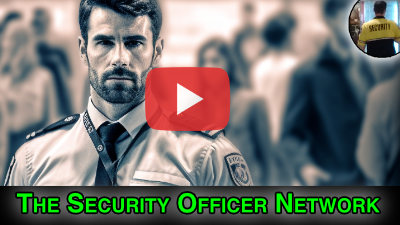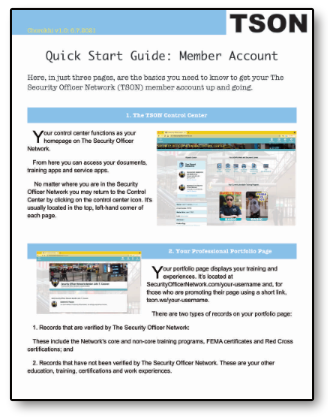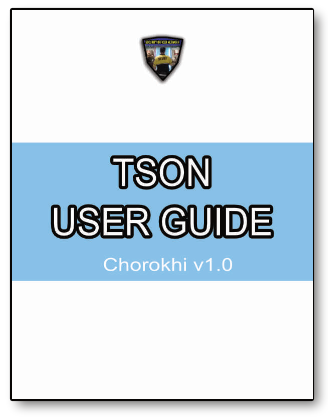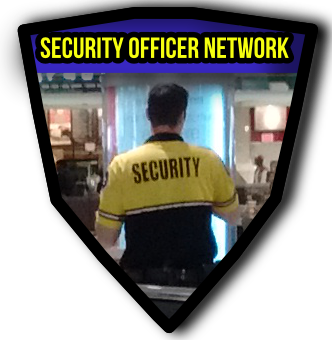From the studies of The Security Officer Network.
Meet Veronica Rin: Listen as she describes what might be one of the most embarrassing moments in the history of Allied Universal Security, and a perfectly pitched criticism of the current state of corporate security in America.
Wow!
Veronica and another young women, valiantly intervened to aid a victim, while Allied Security guards appeared to stand by. We'll delve more into this incredible incident in just a second, let me share my thoughts based on my experience. This news story truly resonated with me. You see, if you work in security long enough, you, as did I, will inevitably encounter the "observe and report" at all costs adherent, someone who seems to believe that security personnel should never, ever engage in situations potentially involving personal harm to themselves. Debating with these guards is not unlike negotiating with a brick wall.
They argue, "I'm not paid to do the police's job," especially if confrontation looms. And you might catch them blaming their lack of action on their security instructor or policy: I was taught to "observe and report" only.
I suspect that their reluctance stems from a fundamental fear. The "observe and report" mindset has become their safety blanket, excusing them from facing danger, even when real, actual human lives may hang in the balance.
Sadly, I believe this mindset encapsulates the ethos of much of the new, modern America: a new era where too many are unwilling to encumber the slightest risk to their own safety even to save someone's life.
Regardless of your occupation, witnessing a fellow human in distress should trigger you to action. Even if it means losing your job at big corporate security, it's your basic humanity that should drive you to intervene and do what's right.
This passivity didn't happen over night. Big corporate, lawyer and insurance driven, security culture has been driving this basic humanity out of its officers for some time now.
In 2019, Allied appears to have drafted their Field Operations Directive 2019-016, which ostensibly appeared to declare that Allied's officers couldn't aid their client's tenant's employees in physical confrontations. It establishes what is known as the "civil standby." If interpreted literally, the F O D actually seemed to suggest that maybe Allied's officers should remain neutral in any confrontation involving their client's tenants and a potentially criminal subject, only taking physical action to potentially separate the employee from the subject with whom they were confronting. It states, "Should AUS personnel happen upon a scuffle, skirmish or resistance in the common area, where tenant loss prevention or employees are involved, they shall not assist either side. Rather, they are directed to separate the combatants and maintain peace and safety of the common area of the center." This almost seems to suggest that the Allied officer's involvement in a physical altercation might be limited to freeing the subject who had committed a criminal offense from the constrains of those who attempting to detain the offender and restore order.
The report further states, "It is recognized and anticipated at some centers, this policy will represent a departure from previous standard operating procedures."
This type of absurd new policy drafting underpins why large corporate security fails to deliver—even for their customers' tenants. Ironically, Allied's motto is, "Always there for you." I am sure their lawyers and insurers probably felt like this was a great policy that would protect the company from legal actions, but, in my opinion, even the act of drafting up such an absurd policy shows how devoid of common sense the corporates have become and even the mere act of having to take these absurdities seriously.
Where does this bad policy mindset lead?
Two Allied Guards appear to stand by while the previously mentioned two young women intervene to save an older person from a mob beat down. I think the danger in the mindset of polices such as the draft of F O D 2019-016 is that they have become a part of Allied's culture, and have completely neutered Allied's ethos; they're simply not there for us.
But, this probably isn't just Allied's shortcoming, one can certainly suspect that Temple university played a role in this failure as well.
Jennifer Griffin, Temple official, who is in charge of "public safety" was quoted by the media as saying this about their Allied officers, "they are not trained, and that's not the role for them."
Such a response is utterly infuriating. From this limited clip, she's not even appearing to address this matter for when it inevitably happens again, in the future. What's the alternative? Look on as people are beaten in the streets?
What happens when heroic teenagers aren't around to save the day next time?
In this case, those Allied officers must navigate not only their insane, corporate regulations but also the bureaucrats heading up the safety department. What a nightmare.
And, I'll tell you this: if I were hiring for security and an applicant applied for a job with my agency, and shared that they were fired from Allied for saving a life, I'd hire them in a heartbeat. And, I would let them know, that at my agency, even if it means we lost a client, I will always have their back when they do the right thing and express basic humanity no matter what policy says.
For serious security professionals, this is a example of why you should probably avoid working for big corporate security companies like Allied. They may be fine for desk jobs, away from the public eye, where you are allowed to multitask on important projects such as studying or enhancing your knowledge of the security industry. But they're often not conducive to genuine security work. In fact, examples like this show that they can actually—be an anathema to real security work. And, the industry insiders who know this, may worry about hiring you for a real security position because they will fear that your time at Allied has ruined your security instincts.
Maybe this isn't just Allied's fault. Maybe there isn't a big security corporation in all of America which hasn't been taken over by the insurance concerns and the lawyers and the finance people and the virtue signaling culture. Maybe the only place left to find common sense in American security is with a completely new generation of security professionals—courageous, ready to do the right thing even at personal risk. These brave individuals will reshape the cold corporate security culture, replacing it with an ethos that rewards courage and common sense, even in the face of danger.
While there are numerous opportunities for a security professional to escape the pointless corporate security world, my favorite is the concept of starting your own security agency. You get to pick your clients and set your guidelines. There's always someone out there who appreciates decency, common sense, and basic humanity, and they'll want to hire your agency. This freedom allows you to operate based on your principles. As long as you use common sense and genuinely care about helping people, you'll excel. This is the beauty of the security profession: the opportunity to aid others.
To sum up as one recent officer recently described to The Security Officer Network:
I just want to say thanks. I went from risking my neck, for low pay, at a chemical plant, getting yelled at by DHS special agents, to doing independent contracting at various retail stores. I have one client that I'm working with right now but I suspect as my reputation grows, so will my client listing.
If he can do it, then so can you. Don't be afraid to step out there and get away from the limiting corporate security world. Check the description under this video for a link to the amazon page for The Security Officer's book on how to start your own security guard agency.
So, what do you think? Did I miss the mark? Maybe you disagree with me. That's fine. Are you an "observe and report" adherent at all costs? If so why? Have you witnessed this same corporate coldness, lack of common sense, while working with Allied? Have you worked for a corporation which still persevered an ethos of common sense? If so, who were they? Let's hear your thoughts!
There's a lot more content like this planned so if you are serious about security, you'll want to be sure to like and subscribe to this video and, if you are really serious about security, then of course, you are invited to join us at The Security Officer Network, the home of the true security professional.
In our next video, we will be taking a look at what might be the most interesting security company in America right now.
Stay tuned.



